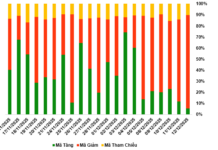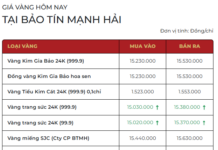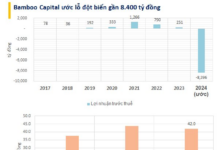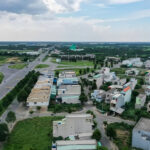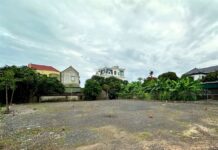Vice Chairman of Ho Chi Minh City People’s Committee Bui Xuan Cuong has signed Decision 3804/2024 related to the planning of underground space for detailed planning projects with a scale of 1/5,000 and 1/2,000, and detailed construction planning with a scale of 1/2,000 that have been approved in the city.
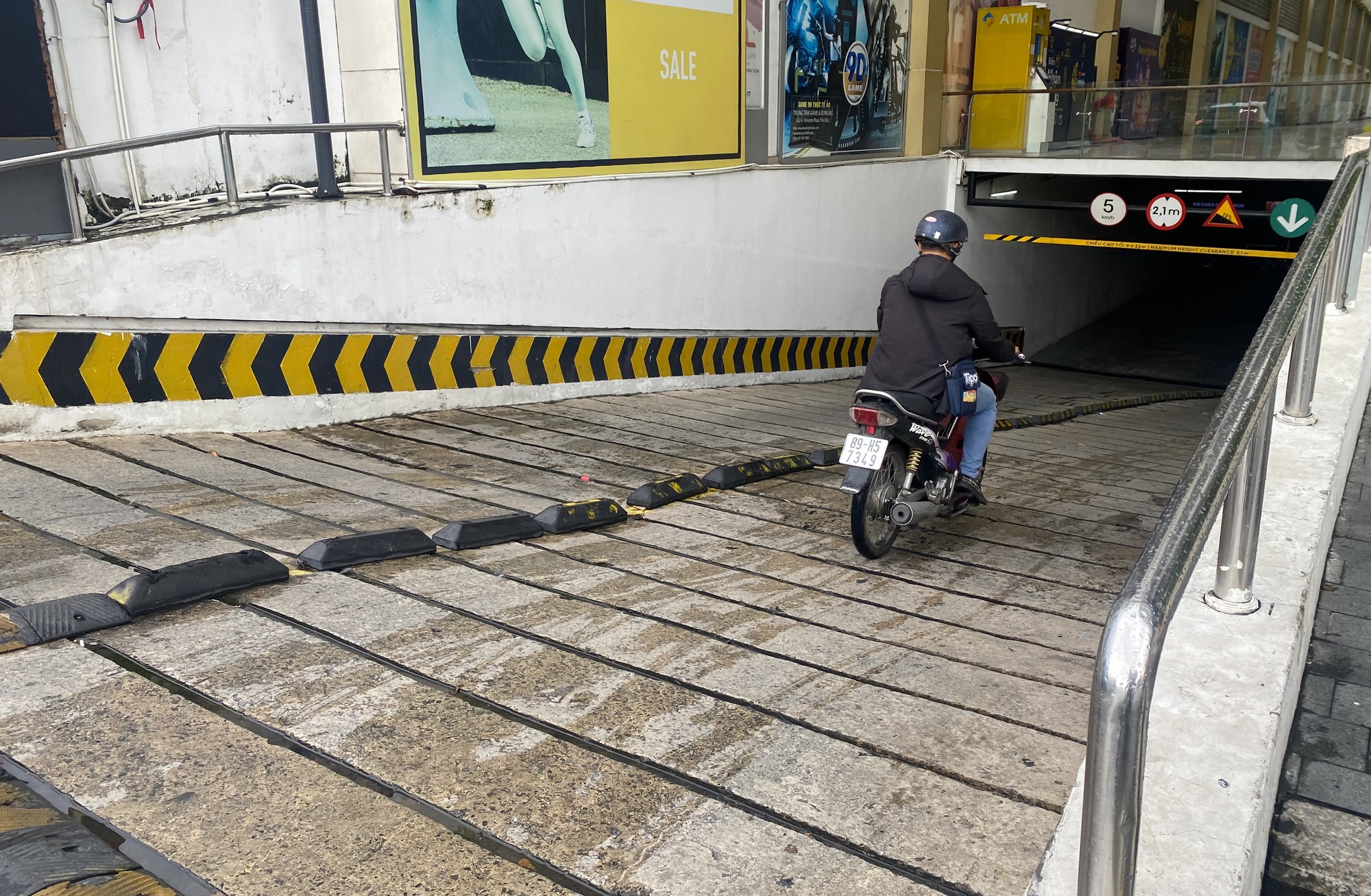
375 detailed planning projects with a scale of 1/5,000 and 1/2,000, and detailed construction planning with a scale of 1/2,000 that have been approved in the city are supplemented with regulations on underground space management.
Accordingly, regarding the management of underground construction space (the underground part of the construction work on the land), for the group of low-rise houses and detached houses, it is allowed to build a maximum of 1 basement floor for technical and parking purposes. In the case of a detached house combined with other functions that requires the construction of 2 or more basement floors, a detailed plan or a master plan (simplified procedure) must be established.
For the group of high-rise houses (apartments), service works, public works, offices, works in export processing zones, industrial parks, high-tech parks, and other works are allowed to build basements in accordance with construction standards and norms.
The number of basement floors and their location are determined in the detailed planning project (master plan), the construction permit drawing, the basic design, the national technical regulations on construction planning, specialized construction standards, architectural management regulations, and urban design (if any).
The construction of urban underground works must comply with the standards for underground construction and the construction permit. The boundary of the construction of the basement floor of the work must not exceed the land use limit specified in the land use right certificate.
When there is a need to construct beyond the construction boundary or the land use limit (except for the technical connection of underground wire and pipe systems), permission must be obtained from the competent state agency.
The construction of basements must ensure safety for the community, for the work itself, and for adjacent works; and must not affect the use, exploitation, and operation of adjacent works, as well as works that have been constructed or determined in urban planning.
The basement serves parking and technical system needs and is not counted in the land use coefficient. In case there is a need to calculate these basement floor areas into the land use coefficient, ensure that it does not exceed the coefficient allowed by the planning.
Along with that, Ho Chi Minh City People’s Committee also issued Decision 3803/2024 supplementing the content of underground space planning into the regulation on the management of detailed construction planning with a scale of 1/2,000 (planning subdivision) of the 930-hectare existing Ho Chi Minh City center that has been approved by the People’s Committee in Decision No. 6708/2012.
Ho Chi Minh City People’s Committee directs that within 15 days from the date of approval of this Decision, the Department of Planning and Architecture and the People’s Committees of districts and counties, and the Management Boards of urban functional areas shall be responsible for publicly announcing the content of this adjustment in accordance with regulations.
During the implementation process, if any difficulties or obstacles arise, or if it is necessary to supplement the content of underground space planning into the management regulations of the detailed planning subdivisions to suit the actual conditions, the People’s Committees of the districts and counties and related units shall send their opinions to the Department of Planning and Architecture for synthesis and proposal to the People’s Committee for consideration and decision.
Ho Chi Minh City People’s Committee also assigned Thu Duc City People’s Committee to study the content of underground space planning of this Decision to consider and decide on the implementation of supplementing the content of underground space planning into the approved management regulations (or need to be newly established) according to the planning projects in Thu Duc City, according to the competence prescribed in Resolution 98/2023 of the National Assembly.
The Department of Construction is assigned to guide the competent authorities in granting construction permits and to unify the handling of construction permits for works with basement floors throughout the city.
The Green Dream: Unlocking the Secrets to a Greener Tomorrow
The Ho Chi Minh City Department of Natural Resources and Environment has issued an official response to voters’ petitions prior to the 17th session of the Ho Chi Minh City People’s Council, regarding the issuance of pink books for housing projects.
Two Industrial Park Projects Approved, Worth Nearly 3.2 trillion VND
Vice Prime Minister Tran Hong Ha has approved a significant investment decision for the development of the Chau Minh – Bac Ly – Huong Lam and Hung Phu Industrial Parks, totaling almost VND 3,200 billion. This first phase of development will focus on the Chau Minh – Bac Ly – Huong Lam Industrial Park in Bac Giang Province and the Hung Phu Industrial Park in Thai Binh Province, with a combined investment of nearly VND 3.2 trillion.




